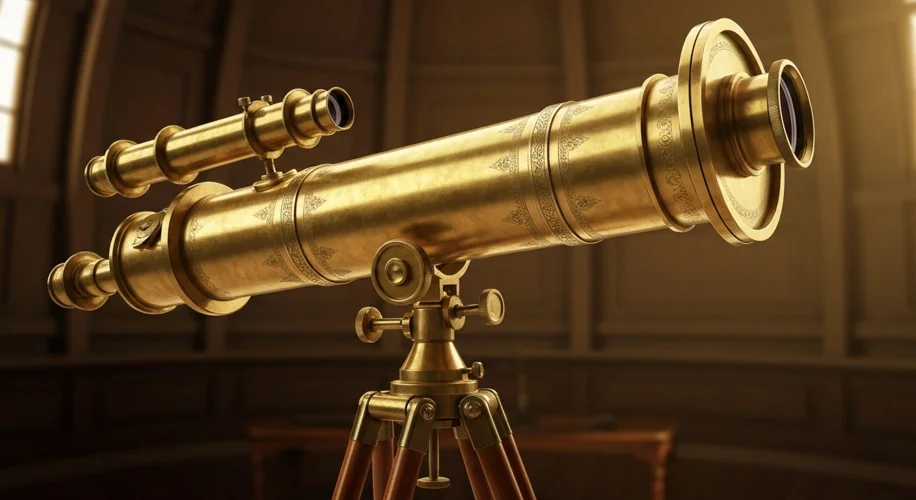Did you know that the James Webb Space Telescope (JWST) might have just stumbled upon something truly ancient? On August 6, 2025, scientists announced that Webb might have detected primordial black holes, which are thought to have formed in the moments right after the Big Bang.
This is huge because these primordial black holes are a bit of a cosmic mystery. Unlike the black holes we typically talk about – those formed from the collapse of massive stars – primordial black holes are theorized to have been born from density fluctuations in the incredibly hot, dense early universe. If they exist, they could be scattered throughout the cosmos, and some might even be lurking in our own galaxy.
Why are scientists so excited about this? Well, the detection isn’t direct in the way we usually think about seeing things. Instead, astronomers are looking at the light from distant galaxies and how it’s being bent by gravity. This phenomenon, called gravitational lensing, is like a natural magnifying glass. The JWST, with its incredible sensitivity, is able to observe these subtle distortions in space-time.
One of the ways we might find evidence for primordial black holes is by observing their gravitational influence on the cosmic microwave background (CMB) radiation – the afterglow of the Big Bang. They could also potentially be detected by their contribution to the overall mass of dark matter, the mysterious substance that makes up a significant portion of the universe.
Another exciting possibility is that these primordial black holes could have played a role in the formation of supermassive black holes found at the centers of galaxies, including our own Milky Way. Instead of just stellar collapse, perhaps these ancient entities provided seeds for the behemoths we observe today.
This isn’t the first time the JWST has captured our imagination. Just recently, it provided a stunning image of an exoplanet, sparking discussions about life beyond Earth. But this potential discovery of primordial black holes shifts our focus even further back – to the very origins of the universe itself. It’s like finding an ancient artifact that tells us a story about the dawn of creation.
Of course, science is a process. What looks like a detection today might be confirmed or refined with more data and analysis. But the fact that the JWST is opening up these new avenues of exploration is incredibly exciting. It reminds us just how much more there is to learn about our universe and its earliest moments. I’m always amazed by what we can uncover when we push the boundaries of technology and scientific inquiry.

